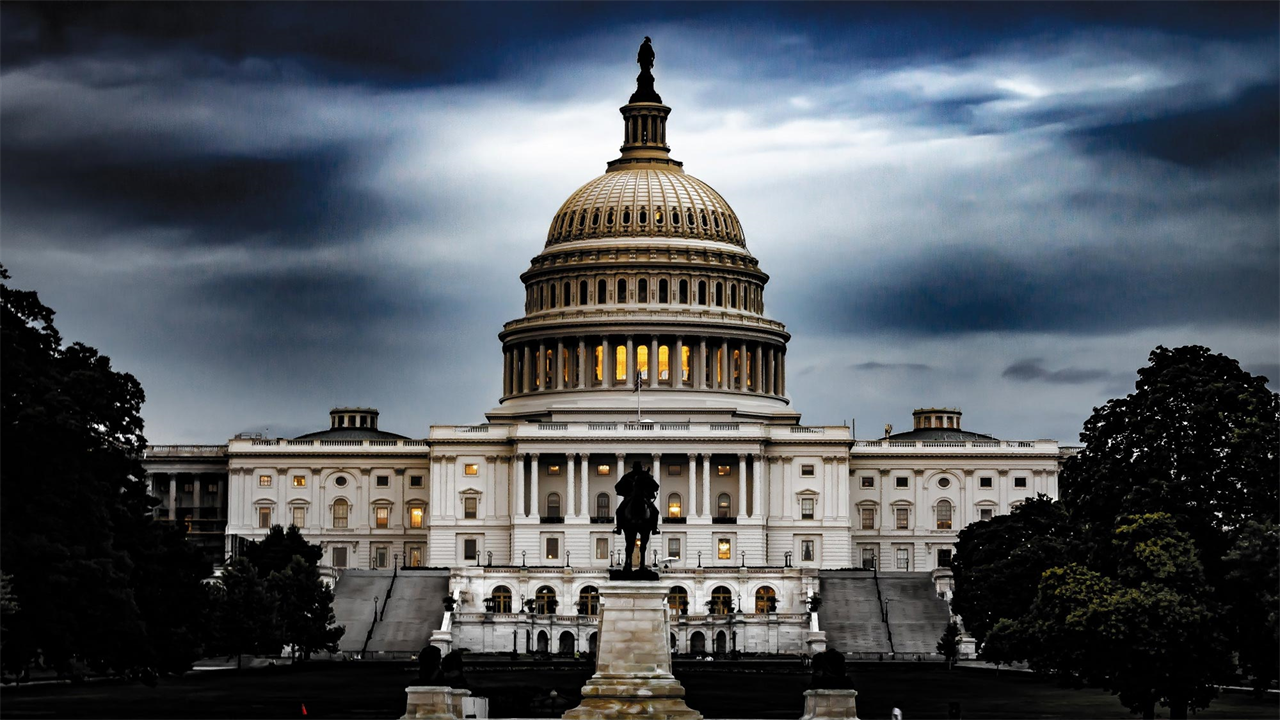Where Do We Place the Blame for the COVID-19 Pandemic?
0 View
Share this Video
- Publish Date:
- 23 May, 2021
- Category:
- Covid
- Video License
- Standard License
- Imported From:
- Youtube
Tags

At a time of a global crisis, such as the ongoing COVID-19 pandemic, it is easy to notice how people go through different stages to bend themselves to such unprecedented and troubled times.
At the very beginning of the pandemic last year, we observed “an epidemic of fear,” where it was all about the disastrous nature of a totally unknown virus and its worrying infectivity and death rate. A few months later, with lockdown and restrictions already in place around the world, the fear was replaced by ‘an epidemic of explanations’ where people, even in their naivety, began to seek a sense of comfort from blaming someone or to lay something. beyond their control.
That’s why a research team from the SWPS University of Social Sciences and Humanities and the Polish Academy of Sciences tried to find out whether the government was indeed the main culprit for the spread of the COVID-19 pandemic in the eyes of the public. After all, it best suited the role of an actor of higher authority, said to be powerful enough to protect the community and solve the problem and provide the necessary comfort. In the meantime, it’s an easy target to point finger at for ‘not doing enough’. On the other hand, the public could just as easily explain the situation with the virulence of the Coronavirus or with the irresponsible behavior of others in society. Regardless of the answer, the team was interested in understanding what lies behind someone’s reasoning: was it their political views, well-being or emotions?
To test their hypotheses, the researchers chose to conduct their research in Poland: a country currently politically divided between liberalism and communitarianism, the latter being the ruling party at the time of the survey, which took place between May and June. June 2020. A total of 850 Polish adults who were fully diversified in terms of gender, age and education participated. The findings have now been published in the open access, peer-reviewed scientific journal Social Psychological Bulletin.
As a result, the study concluded that not only were the government and the system responsible for the COVID-19 incidence rates, but that the participants’ political views and party preferences played an incomparably more important role. in their responses than factors such as anxiety, stress, and depression levels or overall self-reported well-being. In fact, among mental health symptoms, the study found that only increased anxiety was statistically significantly associated with a tendency to blame the government and its decisions. This could be explained by the fact that people with higher levels of anxiety are more likely to exaggerate external responsibility, the scientists note. Strangely enough, the higher educated participants were more likely to emphasize the responsibility of the government.
In addition, those with liberal views who did not support the ruling Communitarian Party blamed the government to a greater extent than their counterparts, who often placed responsibility for the spread of COVID-19 on non-governmental factors.
In their study, the research team uses several theories to explain this finding, including the Terror Management Theory, which notes that reminding people of their deaths creates an existential threat that also leads to a greater need for protection afforded by worldviews. On the other hand, the theories of attribution and social roles suggest that people see ‘adequate protection against epidemics’ as part of the duties of the government.
In conclusion, the authors recall that their observations during the survey are consistent with previous reports due to natural disasters.
“Citizens observe government activities during the epidemic period and evaluate government responsibility. In light of the results of previous studies on the social perception of natural disasters, we think this is a fairly common phenomenon. In search of an explanation for the epidemic effects, people tend to blame the most obvious external causes, ”said the researchers.
Reference: “Under or outside government control? The Effects of Individual Mental Health and Political Views on Assignment of Responsibility for COVID-19 Incidence Rates ”by Krystyna Skarżyńska, Beata Urbańska and Piotr Radkiewicz, March 30, 2021, Social Psychological Bulletin.
DOI: 10.32872 / spb.4395










